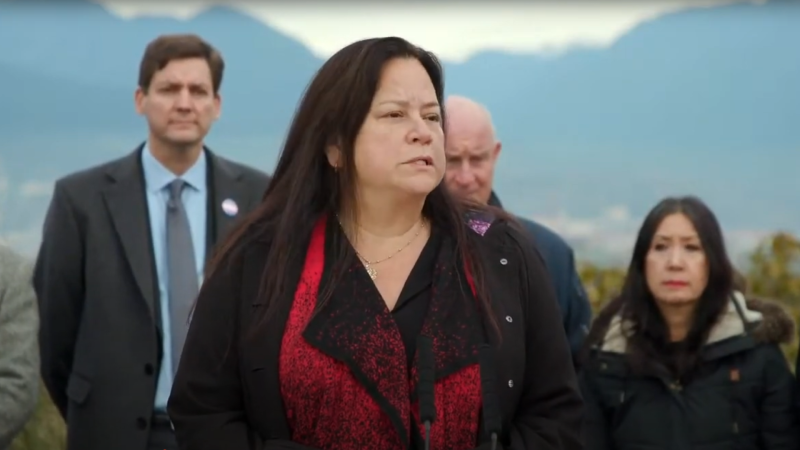The BC First Nations Justice Council (BCFNJ) council is welcoming premier David Eby’s Safer Community Action Plan as it includes the addition of 10 new Indigenous Justice Centres over the next two years.
Indigenous Justice Centres are already operating in Prince George, Prince Rupert and Merritt. There is also a virtual centre which provides no-cost legal services and referrals to Indigenous people in BC, regardless of their geography.
The Safer Communities Action Plan lays out concrete steps at the provincial level to make communities safer under two tracks: enforcement and intervention services.
One of those concrete steps is the opening of new Indigenous Justice Centres to provide culturally appropriate support for Indigenous Peoples involved in the justice system to address the root causes of their involvement in the system and help them break the cycle.
“The Indigenous justice centres are a cornerstone of the Justice Strategy and the solution to many public-safety issues our province and our communities are experiencing,” said Kory Wilson, director, First Nations Justice Council.
“Lifting up Indigenous people to lead this work for ourselves is the right approach: it aligns with B.C.͛s commitment to implement the UN Declaration and has the potential to reverse decades of appalling statistics that speak to the growing overrepresentation of our people in the justice and child welfare systems.”
She said the BCFNJC remains steadfast in its commitment to reforming colonial justice and child welfare systems, and Eby’s announcement is an enormous step in the right direction.
Indigenous justice centres support the shared commitment to addressing the over-representation of Indigenous Peoples in the criminal justice system, which has its roots in long-standing systemic racism and the impacts of intergenerational trauma.
Close to a third of the prison population in Canada is Indigenous and in female correctional institutions, the number tops fifty per cent.
Legal services offered at Indigenous Justice Centres have focused on criminal justice and child protection advice and representation while also facilitating client connections to supports such as housing, mental health and addictions treatment, culture-based healing, and employment services.
Clients of Indigenous Justice Centres report that the presence of Elders and knowledge keepers increase feelings of safety. Wrap-around supports, coupled with legal staff who are committed to equity for Indigenous people, results in better client experiences and overall better justice outcomes.
“Public safety is a serious concern for all British Columbians, especially First Nations people. The problem of repeat offending can be directly tied to the failure of all three orders of colonial government to meet the needs of Indigenous peoples,” said BC First Nations Justice Council Acting Chair Rosalie Yazzie.
“BCFNJC’s approach is premised on the necessity of unpacking the harms of an unchecked criminal justice system long understood to be plagued by systemic racism.”
She said the BCFNJC will continue engagement with Leadership and Rights holders, Knowledge Keepers and justice community stakeholders to ensure the centres are strategically placed to ensure the best possible coverage in a huge province.
The province says five new centres are set to open next year and to better support Indigenous Peoples in urban areas, the first five centres will open in metropolitan areas.




